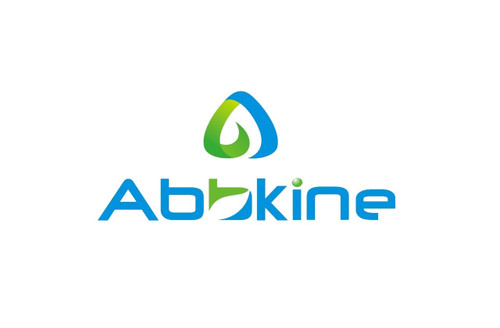Product Description
Human Solute carrier family 2, facilitated glucose transporter member 2 (SLC2A2) ELISA Kit | AE62843HU | Abebio
Species Reactivity: Human (Homo sapiens)
Abbreviation: SLC2A2
Alternative Name: GLUT2;
Application: ELISA
Range: 1.56-100 ng/mL
Sensitivity: 0.64 ng/mL
Intra-Assay: ≤6.8%
Inter-Assay: ≤9.6%
Recovery: 0, 99
Sample Type: Serum, Plasma, Other biological fluids
Detection Method: Sandwich
Analysis Method : Quantitive
Test Principale: This assay employs a two-site sandwich ELISA to quantitate SLC2A2 in samples. An antibody specific for SLC2A2 has been pre-coated onto a microplate. Standards and samples are pipetted into the wells and anySLC2A2 present is bound by the immobilized antibody. After removing any unbound substances, a biotin-conjugated antibody specific for SLC2A2 is added to the wells. After washing, Streptavidin conjugated Horseradish Peroxidase (HRP) is added to the wells. Following a wash to remove any unbound avidin-enzyme reagent, a substrate solution is added to the wells and color develops in proportion to the amount of SLC2A2 bound in the initial step. The color development is stopped and the intensity of the color is measured.
Product Overview: Glucose transporter 2 (GLUT2) is a transmembrane carrier protein that enables passive glucose movement across cell membranes. It is the principal transporter for transfer of glucose between liver and blood, and for renal glucose reabsorption. In humans, this protein is encoded by the SLC2A2 gene.It has been proposed by genetics researchers in neonatal and maternal-fetal medicine at Harvard University Medical School and Beth-Israel Deaconess Hospital Medical Center, that this creates a problem for drug treated diabetic pregnancies in which glucose levels in the woman are uncontrolled, exposing her fetus to the possibility of neural tube and cardiac defects in the early-developing brain, spine, and heart.
Stability: The stability of ELISA kit is determined by the loss rate of activity. The loss rate of this kit is less than 5% within the expiration date under appropriate storage condition. The loss rate was determined by accelerated thermal degradation test. Keep the kit at 37°C for 4 and 7 days, and compare O.D.values of the kit kept at 37°C with that of at recommended temperature. (referring from China Biological Products Standard, which was calculated by the Arrhenius equation. For ELISA kit, 4 days storage at 37°C can be considered as 6 months at 2 - 8°C, which means 7 days at 37°C equaling 12 months at 2 - 8°C) .
 Euro
Euro
 USD
USD
 British Pound
British Pound
 NULL
NULL












